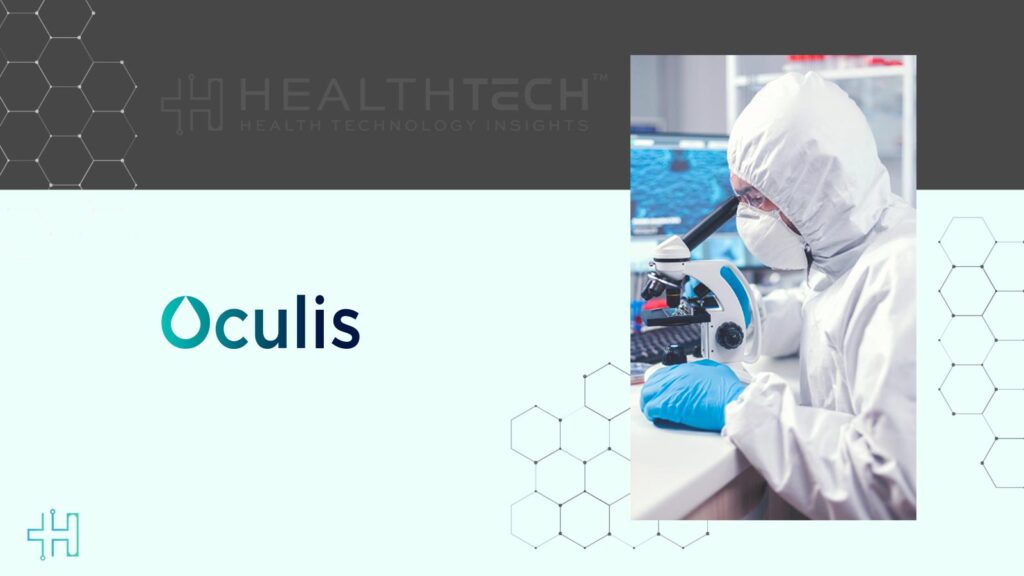Privosegtor ACUITY Trial showed Improved LCVA and preservation of Ganglion Cells in Acute Optic Neuritis. Results from a Multicenter Randomized Placebo-Controlled Double-Masked Trial
Oculis Holding AG, a global biopharmaceutical company focused on creating innovative treatments for eye and brain-related eye conditions that currently lack effective options, has announced it will share positive results from the Phase 2 ACUITY trial of Privosegtor (OCS-05) in acute optic neuritis at the 2025 European Committee for Treatment and Research in Multiple Sclerosis (ECTRIMS) Congress. The trial was carried out in partnership with Pitié-Salpêtrière Hospital, a major center for neurology research.
Health Technology Insights: Sunflower Therapeutics Gets First Milestone Payment from SK Bioscience
Dr. Riad Sherif, Chief Executive Officer of Oculis, shared his excitement about the partnership and the trial results. He mentioned that Privosegtor showed meaningful improvements in vision, with patients gaining an average of 18 letters in visual acuity by the three-month mark. The treatment also helped maintain the structure of the retina and had a good safety record. These results suggest that the drug could be useful not just for acute optic neuritis but also for a broader range of eye and brain-related conditions. Dr. Sherif highlighted the company’s plans to continue developing Privosegtor through additional clinical studies, including a new program targeting multiple sclerosis relapses.
Health Technology Insights: Commence and The Language Group Launch Fetch for Better Patient Care
Dr. Céline Louapre, Head of the Neuroscience Clinical Investigation Center at the Paris Brain Institute, Pitié-Salpêtrière Hospital, and Medical Coordinator of the National Multiple Sclerosis Clinical Research Network, as well as a Professor of Neurology at Sorbonne University, commented on the importance of sharing these findings at ECTRIMS, the world’s largest conference on multiple sclerosis. She noted the promising neuroprotective effects of Privosegtor, especially its ability to protect retinal ganglion cells and enhance low contrast visual acuity. Since acute optic neuritis often signals the start or a flare-up of multiple sclerosis, Dr. Louapre pointed out that these results offer hope for better outcomes for patients with this autoimmune disease.
Dr. Louapre is heavily involved in neuroscience research and clinical trials, especially in developing new MRI techniques to better understand multiple sclerosis and support remyelination and neuroprotection. Her leadership in translational research and her active role in the MS research community highlight how significant this progress is for both patients and healthcare professionals.
Oculis aims to build on this advancement as it continues to develop Privosegtor to meet the needs of individuals with eye and brain-related conditions.
Health Technology Insights: Exxat Partners with Therapy Partner Solutions to Boost Clinical Education
To participate in our interviews, please write to our HealthTech Media Room at sudipto@intentamplify.com
Source- GlobeNewswire







